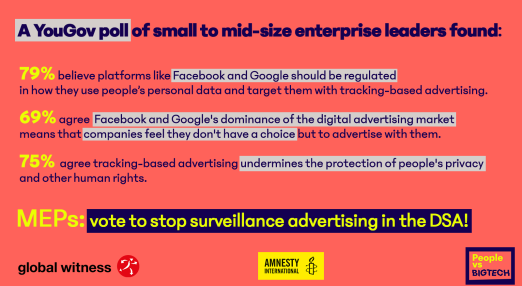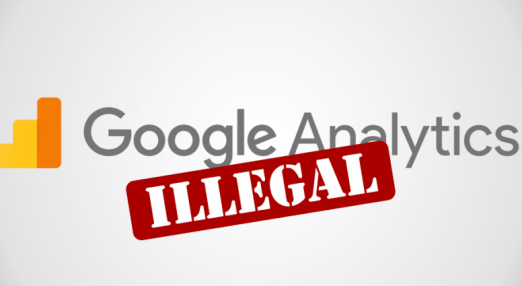EDRigram
Filter by...
-

Online Safety Bill: Kill Switch for Encryption
Of the many worrying provisions contained within the draft Online Safety Bill, perhaps the most consequential is contained within Chapter 4, at clauses 63-69. This section of the Bill hands OFCOM the power to issue “Use of Technology Notices” to search engines and social media companies.
Read more
-

Orwell’s Wallet: European electronic identity system leads us straight into surveillance capitalism
In June 2021 the European Commission launched a reform of the 2014 eIDAS Regulation to overhaul Europe’s framework for electronic identity (eID) systems. This ambitious reform tries to create a counterbalance to the widespread login systems of Google, Facebook and Apple, as well as to provide widely-adopted eID systems for eGovernment and eCommerce applications to the population.
Read more
-

A beginner’s guide to EU rules on scanning private communications: Part 2
Vital EU rules on human rights and on due process protect all of us from unfair, arbitrary or discriminatory interference with our privacy by states and companies. As we await the European Commission’s proposal for a law which we fear may make it mandatory for online chat and email services to scan every person’s private messages all the time, which may constitute mass surveillance, this blog explores what rights-respecting investigations into child sexual abuse material (CSAM) should look like instead.
Read more
-

Hide and Seek: Polish DPA agrees that people should be able to access their advertising profiles, but there’s no way to do so
Following EDRi member Panoptykon’s General Data Protection Regulation (GDPR) complaint against one of the biggest Polish news website, Interia.pl - the Polish Data Protection Authority has confirmed that online publishers should give users access to their advertising profiles generated for the purposes of delivering behavioural ads.
Read more
-

The EU’s own ‘Snowden Scandal’: Europol’s Data Mining
On 3 January 2022, the European Data Protection Supervisor (EDPS), which supervises the processing of personal data by the EU’s law enforcement agency, Europol, ordered Europol to delete data held in its databases on individuals with no established link to criminal activity.
Read more
-

Cross-border access to user data by law enforcement in 2021: A year in review
Law enforcement agencies around the world are getting their holiday wish list, thanks to the Council of Europe’s adoption of a flawed new protocol to the Budapest Convention, a treaty governing procedures for accessing digital evidence across borders in criminal investigations.
Read more
-

Don’t let Big Tech fool you: Small businesses don’t want surveillance advertising
Tracking-based advertising has become all pervasive in the digital world. Amnesty Tech's new research shows that small businesses know very well how harmful these practices are to human rights but have little alternative.
Read more
-

Austrian DSB: EU-US data transfers to Google Analytics illegal
In a groundbreaking decision, the Austrian Data Protection Authority ("Datenschutzbehörde" or "DSB") has decided on a model case by noyb that the continuous use of Google Analytics violates the GDPR.
Read more
-

Online surveillance thrives when fear takes over
European law-enforcement agencies have been pushing to end encryption and survey everyone’s online communications.
Read more
-

EDPS sanctions the European Parliament for illegal EU-US data transfers – among other violations
In January 2021, noyb filed a complaint against the European Parliament on behalf of six Members of the European Parliament over an internal corona testing website. The issues raised were deceptive cookie banners, vague and unclear data protection notices, and the illegal transfer of data to the US.
Read more
-

Managed by Bots: surveillance of gig-economy workers
WIE’s recent ‘Managed by Bots’ report demonstrates that opaque algorithms dictate almost every aspect of gig economy employees’ work, offering them limited visibility or avenues for redress when a decision is made about them.
Read more
-

Data Retention? Advocate General says “Asked and answered!”
After the 2020 landmark ruling (La Quadrature du Net and others), one would have hoped that the Court had provided sufficiently clear conclusions with regards to the legality of data retention regimes in the EU. Nonetheless, the three referring national courts maintained their requests for preliminary rulings.
Read more
